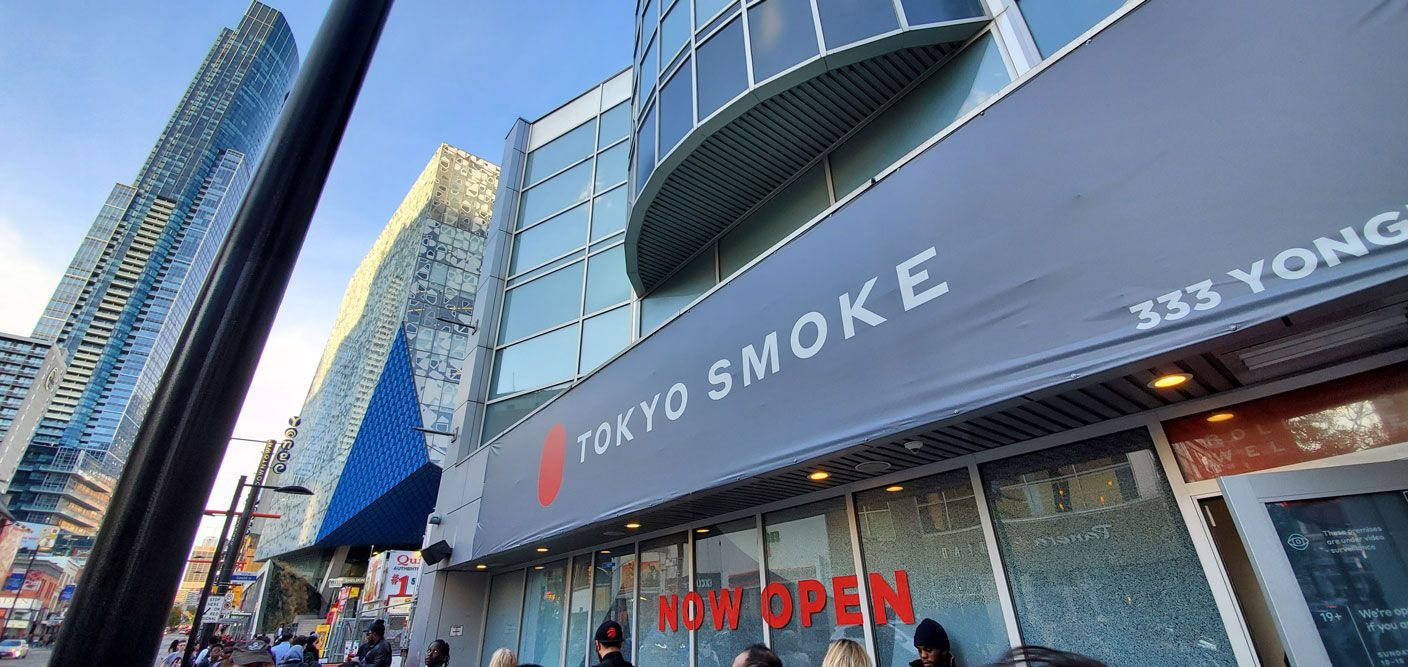The week was busy for us as we hosted the Investor Intelligence Conference and MJBizCon in Las Vegas.
The overall takeaway: The industry is at a crossroads where companies will differentiate themselves based on profitability, strong and simple capital structures and investor communication.
Companies that will thrive in the industry generally will have to improve focus on corporate governance and shareholder communication.
Specifically companies will have a lower cost of capital (i.e., a higher multiple) if they can:
- Focus on profitability and cash generation.
- Simplify their capital structures.
- Communicate transparently with investors regarding their business models and financial targets.
As we noted earlier in the week, we saw two new financially savvy CEOs enter the cannabis space with the appointment of Constellation CFO David Klein as CEO of Ontario, Canada-based Canopy Growth and the appointment of strategic investor and grocery consolidator Justin Dye as the CEO of Medicine Man Technologies in Denver.
Dye focuses on execution
We spoke with Dye in Las Vegas on his third day as CEO, and the conversation was generally an example of the kind of strategy and thought process investors like to see.
The overarching goal is to build the industry’s most admired cannabis company that executes with consistency. Dye spoke of a long-term, triple-bottom-line philosophy of serving customers, shareholders and the community.
With a near-term focus of assimilating Medicine Man Technologies’ 12 recent acquisitions, Dye indicated he would use an integration playbook with detailed 90-day plans and specific operating targets for employees.
He used the same systematic approach to integrate $40 billion of acquisitions when he worked at the national grocery store chain Albertsons.
Above all, Dye wants the management team members to function well together and fully understand their operational responsibilities.
Regarding the company’s ability to raise the capital needed to close its outstanding acquisitions, Dye said he believes “the equity and debt markets will be open” for opportunities such as Medicine Man Technologies, which will generate positive EBITDA.
MedMen embraces capital structure pain, cost cuts and layoffs to survive
In a bid to change the course of their unsustainable business model, Los Angeles-based MedMen issued a news release on Wednesday, Dec. 11, detailing far-ranging actions to strengthen the company’s balance sheet and enhance corporate governance.
In our opinion, the company is not taking these steps because it wants to; rather, it must do so in order to survive the current operating conditions and capital markets.
Companies don’t make changes like this from a position of strength.
According to the announcement, MedMen:
- Received proceeds or executed term sheets for an additional $37 million in gross cash proceeds, consisting of a $27 million equity offering and a new $10 million loan facility.
- Extended the maturity date of its $78 million debt from Oct. 1, 2020, to Jan. 31, 2022.
- Raised the interest rate on its $78 million debt to 15.5% from 7.5% per annum.
- Lowered the exercise price on 16.2 million warrants to $0.60 from the previous $4.97.
- Lowered the exercise price on 1.02 million warrants to $0.60 from the previous $4.73.
- Lowered its target level of corporate SG&A spend to an annualized run-rate of $65 million (versus previous target of $85 million).
- Provided layoff notices to an additional 20% of its corporate-level employees.
- Issued state-specific revenue guidance for 2020 and 2021.
MedMen co-founder Andrew Modlin relinquished voting control of his class A super voting shares (50% of all class A super votes shares outstanding) to the company’s board chair, Ben Rose, for a period of one year.
That is a tremendous amount of financial and operating change to announce in one day. We are scheduled to have a call with the company next week to discuss the scope and depth of changes.
Cresco raises some capital
Chicago-headquartered Cresco Labs announced a $50 million sale-leaseback of its cultivation facility in Lincoln, Illinois, to GreenAcreage Real Estate, a private REIT.
As we discussed in more detail at the Investor Intelligence Conference, while sale-leasebacks raise cash, reduce capital expenditures and do not lead to additional shares being issued, leasebacks also incur a new operating expense in the form of a lease.
Terms of this deal were not disclosed, but if the rate is similar to the 13.8% that publicly traded cannabis REIT Innovative Industrial Properties (IIPR) reported in its third-quarter results, that would be an ongoing expense (and thus a reduction to EBITDA) of about $7 million per year.
This strengthens Cresco’s balance sheet, which is a positive, since the first focus of any business must be on survival.
No excess cash in cannabis, comp tables 2.0 coming soon
During the Investor Intelligence Conference, we walked through how there is no excess cash in cannabis today – meaning that, with perhaps one or two exceptions, any net cash (cash – debt) on a cannabis company’s balance sheet is needed to ensure survival or for investment and cannot be considered “excess” and returnable to shareholders.
Enterprise values should not be reduced by the cash on the balance sheet as this is needed for the business; the enterprise value should be calculated as market capitalization plus gross debt.
We also walked through the implications of many complex capital structures for cannabis companies. Note that most of the companies in our comp table adjust the share count dynamically with the stock price only to include in the money warrants, options and convertibles.
We are planning to improve our comp tables to “Comp Tables 2.0” to reflect this lack of excess cash, as well as adding some new features.
If there are features or companies you would like to see included, please email us and we will try to add them in the update.
Mike Regan can be reached at miker@mjbizdaily.com



